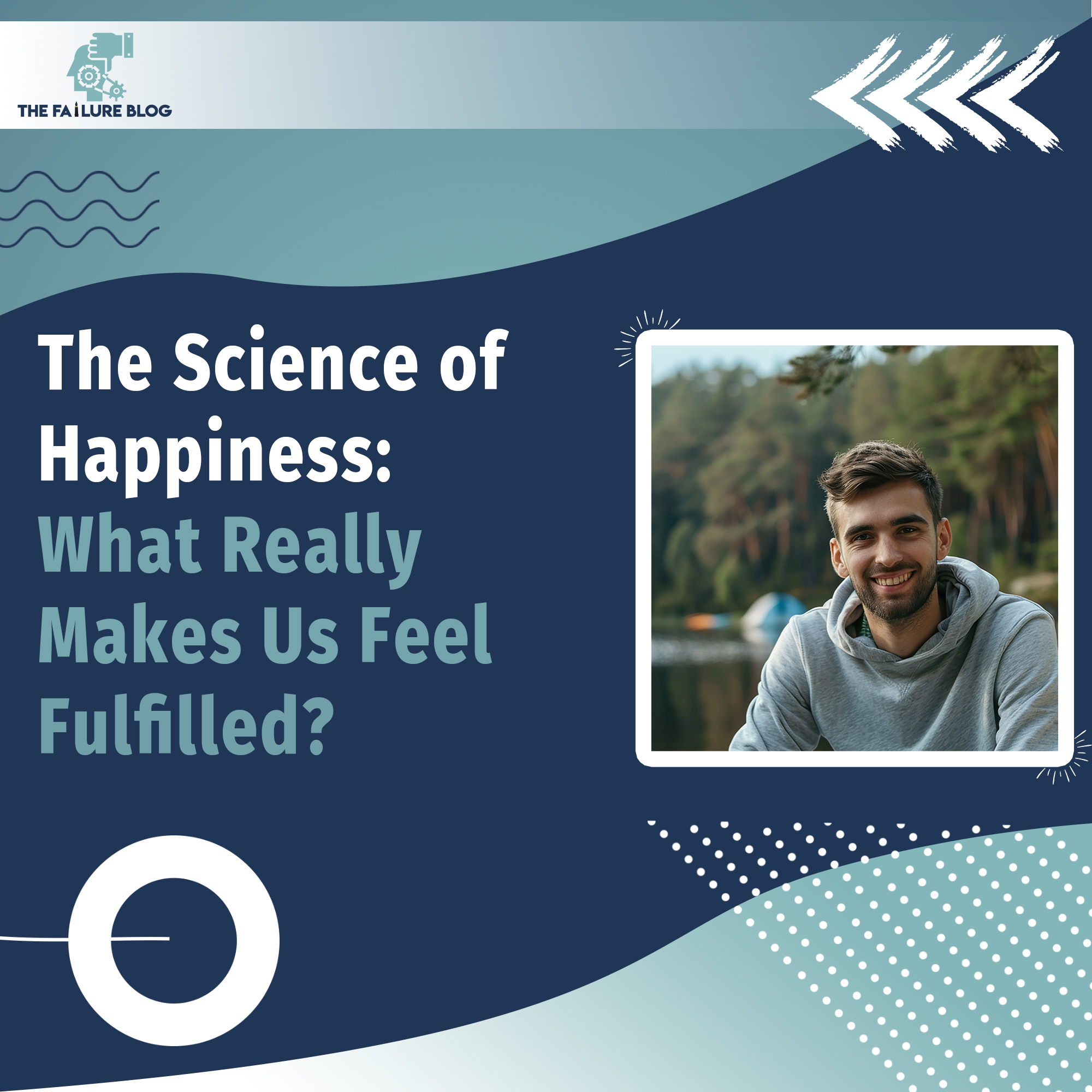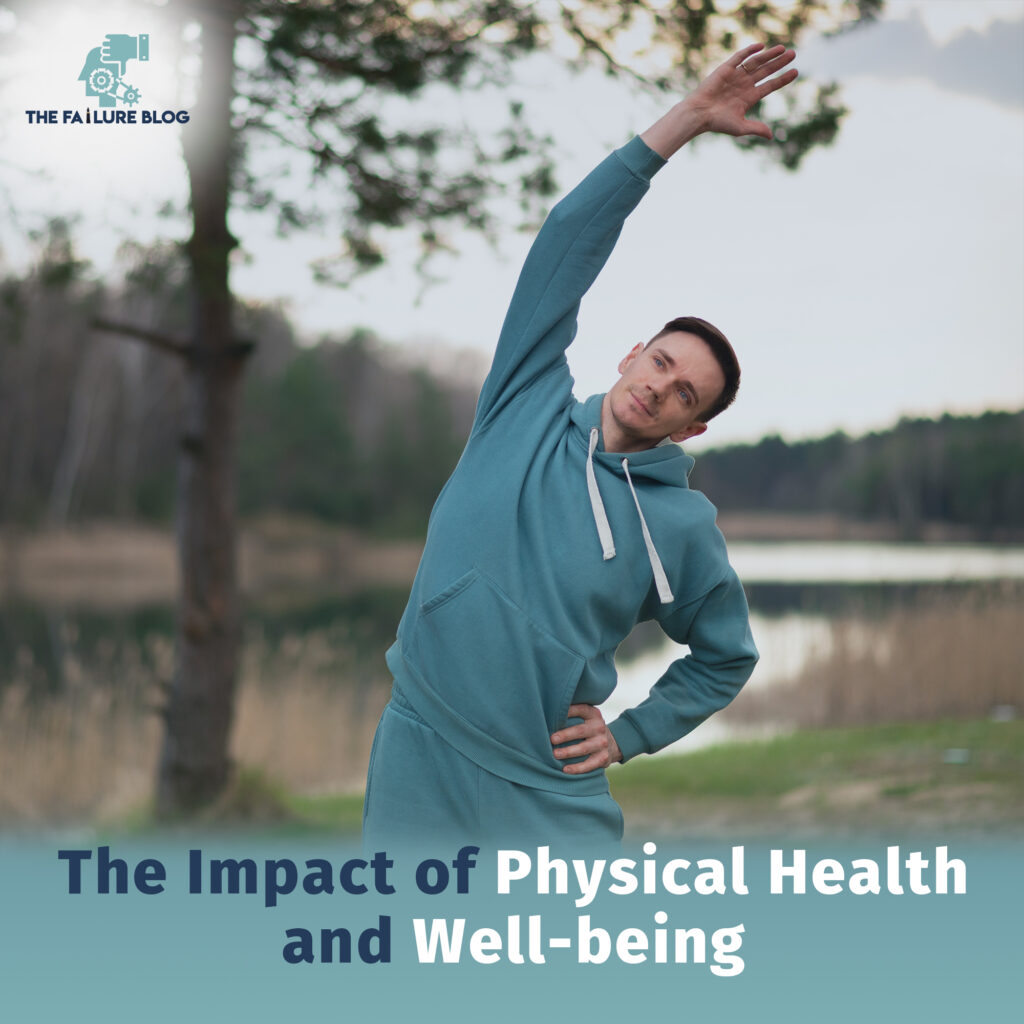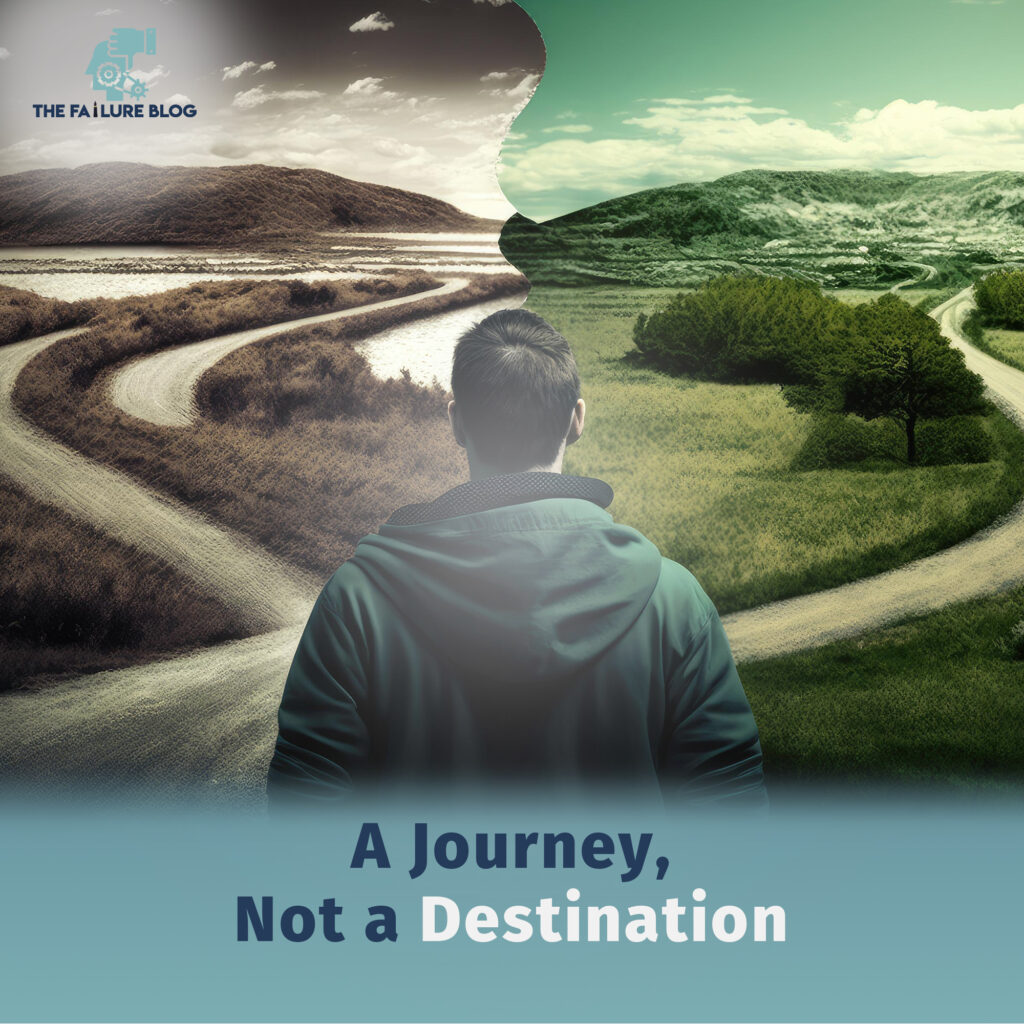
Happiness—it’s a term we toss around casually, but the pursuit of it shapes much of what we do. Whether we’re chasing career goals, building relationships, or simply enjoying a sunny afternoon, there’s a constant thread pulling us toward that elusive feeling of contentment. But what actually makes us happy? Is it wealth, success, relationships, or something more intangible? Science has been digging into this question for decades, and the findings are both surprising and enlightening.
The Happiness Formula: Is There One?
You’ve probably heard people say, “Happiness is a choice,” or, “You have to find happiness within yourself.” But is it really that simple? Psychological studies suggest that while some part of our happiness is indeed under our control, not all of it is. Research by psychologists like Sonja Lyubomirsky indicates that about 50% of our happiness is determined by our genetic makeup. In other words, we all have a baseline level of happiness that we tend to return to, regardless of life’s ups and downs.
That leaves the other 50%. Around 10% of our happiness comes from life circumstances—things like our job, income, health, and marital status. That might sound surprising, especially when so many of us think a higher salary or a big promotion will be the key to our happiness. But here’s the catch: our brains adapt quickly to changes. This phenomenon, known as “hedonic adaptation,” means that any boost in happiness from external circumstances tends to be temporary.
And then, there’s the remaining 40%—the part of our happiness that’s actually within our control. This is where things get interesting because it opens the door to numerous strategies and habits that can significantly influence our overall well-being.
The Role of Positive Psychology
The field of positive psychology emerged in the late 20th century to study what makes life worth living, rather than what makes us ill or unhappy. Psychologist Martin Seligman, often considered the father of positive psychology, argues that happiness isn’t just the absence of sadness. Instead, it’s about building a life filled with positive emotions, engagement, relationships, meaning, and achievement—what he calls the PERMA model.
Positive psychology doesn’t just theorize about happiness; it offers practical ways to cultivate it. For example, practicing gratitude has been shown to have profound effects on mood and well-being. Studies reveal that writing down three things you’re grateful for each day can increase happiness levels and decrease depressive symptoms over time. Why? Because it shifts your focus from what’s lacking to what’s already abundant in your life.
The Power of Purpose and Meaning
When we talk about happiness, it’s tempting to think about moments of joy, like sharing a laugh with friends or enjoying a favorite meal. However, scientists like Viktor Frankl, a Holocaust survivor and psychiatrist, argue that there’s a deeper form of fulfillment tied to having a purpose. Frankl’s concept of “logotherapy” is centered on finding meaning even in the most challenging situations. He observed that individuals who could find purpose, even in suffering, were more likely to survive and thrive.
More recent studies back this up. Research from Harvard University has found that people who feel their lives have meaning tend to live longer and report higher levels of life satisfaction. So, while fleeting pleasures are nice, a sense of purpose can provide a more enduring form of happiness. It’s not always about what makes you feel good in the moment but about what gives your life a sense of direction and meaning.
Social Connections: More Than Just Friends
Humans are social creatures, and science shows that our relationships can be one of the most significant predictors of happiness. The Harvard Study of Adult Development, one of the longest studies on human happiness, has tracked the lives of over 700 men for more than 80 years. The findings? The quality of your relationships, more than wealth or fame, is the most consistent predictor of happiness and longevity. Good relationships protect our bodies and our brains, reducing stress and keeping us happier and healthier for longer.
Interestingly, it’s not the number of friends you have or whether you’re in a committed relationship that matters most, but rather the quality of the connections you build. Feeling genuinely connected to others, whether it’s through deep friendships, family bonds, or community ties, offers a strong buffer against life’s inevitable challenges.
The Role of Mindfulness and Presence
You may have heard the saying, “Be here now.” It turns out, there’s a lot of science behind this piece of advice. Mindfulness, or the practice of being fully present in the moment, has been linked to increased levels of happiness and reduced stress. Researchers at Harvard have found that people spend nearly 47% of their waking hours thinking about something other than what they’re doing, and this mind-wandering often makes them less happy.
Practicing mindfulness, whether through meditation, yoga, or simply being more aware of your thoughts and surroundings, helps anchor you in the present. This simple act of bringing your attention back to the here and now can help reduce anxiety and foster a greater sense of contentment.
The Impact of Physical Health and Well-being
We can’t talk about happiness without mentioning the body-mind connection. Exercise, for instance, is one of the most powerful tools for boosting mood. Physical activity releases endorphins, often referred to as “feel-good” hormones, that naturally improve our mood and energy levels. According to research published in the American Journal of Psychiatry, even a small amount of regular physical activity can reduce the risk of depression by up to 30%.
Moreover, sleep plays a crucial role in our happiness. A lack of quality sleep can lead to irritability, stress, and decreased cognitive function, all of which can negatively impact our mood. On the flip side, a good night’s rest is like hitting the reset button on our emotional state, allowing us to approach each day with renewed energy and positivity.

Money: A Double-Edged Sword
Money and happiness have a complex relationship. It’s easy to assume that more money means more happiness, but studies show a different story. Research by Nobel laureates Daniel Kahneman and Angus Deaton reveals that while money does increase happiness to some extent, the effect plateaus at around $75,000 per year in the United States. Beyond that point, additional income has little impact on emotional well-being.
So, if not more money, what actually makes us happy? It seems that spending money on experiences, like traveling, learning new skills, or enjoying time with loved ones, tends to bring more joy than buying material possessions. Experiences offer opportunities for social connection, personal growth, and creating memories—all elements that contribute to lasting happiness.
The Paradox of Choice and Simplicity
In today’s world, we’re often overwhelmed by choices—what to wear, where to eat, what career path to pursue. And while having options is generally a good thing, too many choices can lead to what psychologist Barry Schwartz calls “the paradox of choice.” When we have too many options, we tend to overanalyze and second-guess ourselves, which can lead to dissatisfaction and regret.
So, how do we navigate this? Embracing simplicity and focusing on what truly matters to us—our core values and priorities—can help reduce the stress of decision-making and lead to a more satisfying life.
Conclusion: A Journey, Not a Destination
Happiness, it seems, is more of an ongoing practice than a final destination. It’s shaped by our genes, our habits, our relationships, our sense of purpose, and our ability to stay present. While some factors may be outside our control, there’s still plenty we can do to create a fulfilling and meaningful life. Whether it’s nurturing relationships, finding purpose, practicing gratitude, or simply staying mindful, the science of happiness suggests that small changes can make a big difference. So, rather than chasing happiness as a goal to achieve, perhaps it’s time to see it as a journey to enjoy—moment by moment.






Leave a Reply